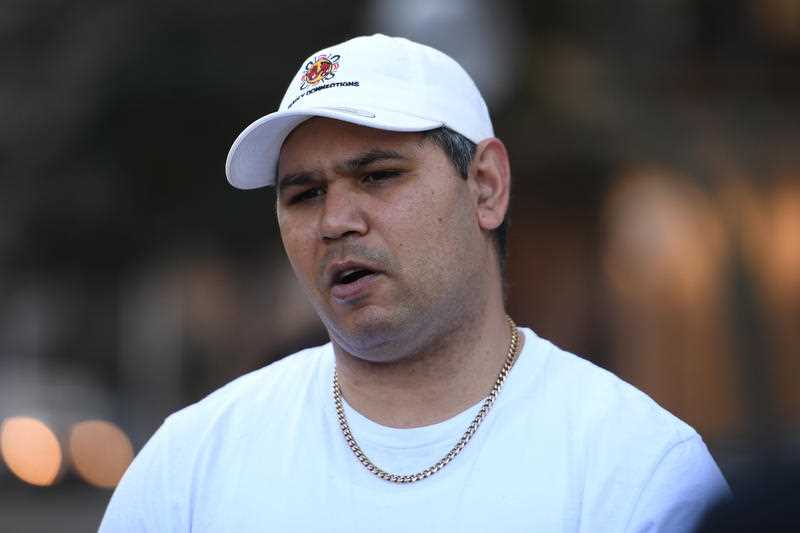At least 112 people held in Sydney prisons have tested positive for COVID-19, prompting calls for the urgent release of low-risk inmates to prevent further spread of the virus.
Some 61 inmates at Parklea Correctional Centre were infected by Tuesday afternoon.
Silverwater’s Metropolitan Remand and Reception Centre has at least 50 positive cases. Silverwater Women’s Correctional Centre had a single case.
Nine prison officers have tested positive at Bathurst Correctional Complex in regional NSW.
The government has resisted calls to proactively release prisoners to reduce the risk of spread.
Corrective Services NSW says emergency powers “will only be used if deemed absolutely necessary for the safety and effectiveness of our prisons in response to COVID-19”.
“There are no immediate plans to release anyone using this emergency measure, but if it does become necessary it will be done on a case by case basis and community safety will always be our number one priority,” a spokesman told AAP.
Corrective Services maintains a list of several hundred low-risk and vulnerable inmates who could be released if the situation became dire enough.
Justice groups are intensifying calls for the release of prisoners, saying they fear deaths in custody.
“These are highly overcrowded environments where there is no capacity to socially isolate, there is no ventilation and there is no access to community health care,” said University of Technology Sydney professor Thalia Anthony.
“We fear that these people are sitting ducks, that what is happening is a death sentence for people in prison.”
Keenan Mundine, from First Nations non-profit Deadly Connections, pleaded for the government to spell out its plan for releasing prisoners and improving vaccination rates.
“We know how vulnerable our Aboriginal members are in the community and when they’re in custody that’s exacerbated through the roof,” he said.
Health authorities were “concerned” about spread in prisons and the vulnerability of inmates, NSW Deputy Chief Health Officer Marianne Gale said on Wednesday.
“Certainly from the point of reducing public health risk, the less the people and the lower the crowding in prison is certainly useful in reducing transmission,” Dr Gale said.
But Opposition Leader Chris Minns said he would be “hugely concerned” about the prospect of hundreds of prisoners being released early.
The outbreaks come after calls for the NSW government to improve vaccination rates among prison staff and inmates.
At least 50 per cent of officers are vaccinated, but the government wants those rates to be higher, Department of Communities and Justice secretary Michael Coutts-Trotter told a budget estimates session on Wednesday.
Far fewer prisoners are fully vaccinated – just over a fifth – however 42 per cent have received one dose.
Mr Mundine said his brother was admitted to prison four weeks ago and has still not been asked if he wants to be vaccinated.
The Parklea outbreak was sparked after two inmates who were out of their quarantine pod tested positive on August 27, Mr Coutts-Trotter said.
Asked why the men were not in isolation pods, he said: “The short answer is we don’t know.”
Parklea is a private facility run by MTC-Broadspectrum. Healthcare is provided by St Vincent’s.
An MTC-Broadspectrum spokesperson told AAP the prison had been locked down as a precaution, with an investigation into the source of the infection underway.
NSW Health had asked St Vincent’s “to continue to prioritise vaccinating inmates”, the spokesperson said.
“We have also stepped up the level of cleaning resources to ensure all cells and areas impacted are deep cleaned.”
Inmates who test positive are being isolated, and staff who had contact with them directed to be tested and isolate as well.
Officers are being tested every 72 hours and there is a rigorous testing process for inmates.
Across the state-run prison network, rapid antigen testing is being rolled out, with any positive cases moved to the Silverwater Correctional Complex, a spokesperson for the Justice Health Network said in a statement.
Silverwater jail is close to a tertiary hospital in the event it is needed, and allows the positive inmates to be kept separate from the rest of the prison population, they said.
AAP



